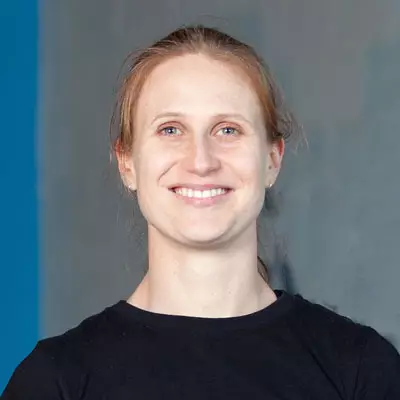I stumbled into freelance writing a couple of years ago, enthusiastic but clueless. Now, I’m at the stage where editors approach me and offer me work. Getting to this point has required a lot of hard work, along with the practical wisdom that came from Morris Journalism Academy and the Freelance Journalism Course.
My foray into professional writing began when I was asked to write an article for a local publication in rural Victoria (because writers aren’t so easy to find around these parts). “No problems,” I said, and hammered out something I thought was OK at the time, but which makes me cringe now.
I continued to write for that local magazine, and over time my wordsmithing skills evolved a little.
But when I decided earlier this year I wanted to build a career as a freelance writer, I realised I had no idea what I was doing.
I didn’t know how to come up with ideas that would appeal to an audience beyond the borders of my small town. I didn’t know how to pitch to editors (I hadn’t even heard the term ‘pitch’ at that stage). I didn’t feel confident writing on unfamiliar topics. I didn’t know how to structure an article so it could compete with the vast amounts of written information readers are confronted with on a daily basis. I needed help!
“The Professional Freelance Journalism Course was affordable and flexible. The latter being especially important because I was juggling full-time stay-at-home-mum duties and part-time work.” – Emily Friedel
The Googling of writing and journalism courses began. When I found the Morris Journalism Academy’s Professional Freelance Journalism Course, I knew it was the right one. I wanted practical advice on getting published and paid as a freelancer, and that’s exactly what the course offered.
Morris Journalism Academy’s course also appealed to me because it was affordable and flexible. The latter being especially important because I was juggling full-time stay-at-home-mum duties and part-time work.
Through The Professional Freelance Journalism Course, I picked up many of the skills I’d lacked as a professional writer.
Slowly, after many unsuccessful attempts, my pitches started to get accepted. I gained the confidence to research and write about topics that are completely new to me. I became an ideas machine. The course gave me the incentive to move out of my comfort zone, which is what I needed to become a serious freelance writer.
Now, I have a portfolio of work featured in several different publications – one of my humour pieces even made it to The Huffington Post’s front page. I’ve built great relationships with editors, which has led to a steady stream of commissions. Perhaps most importantly, I’m getting paid well for my writing, and this means I have a solid foundation on which to build a career.
